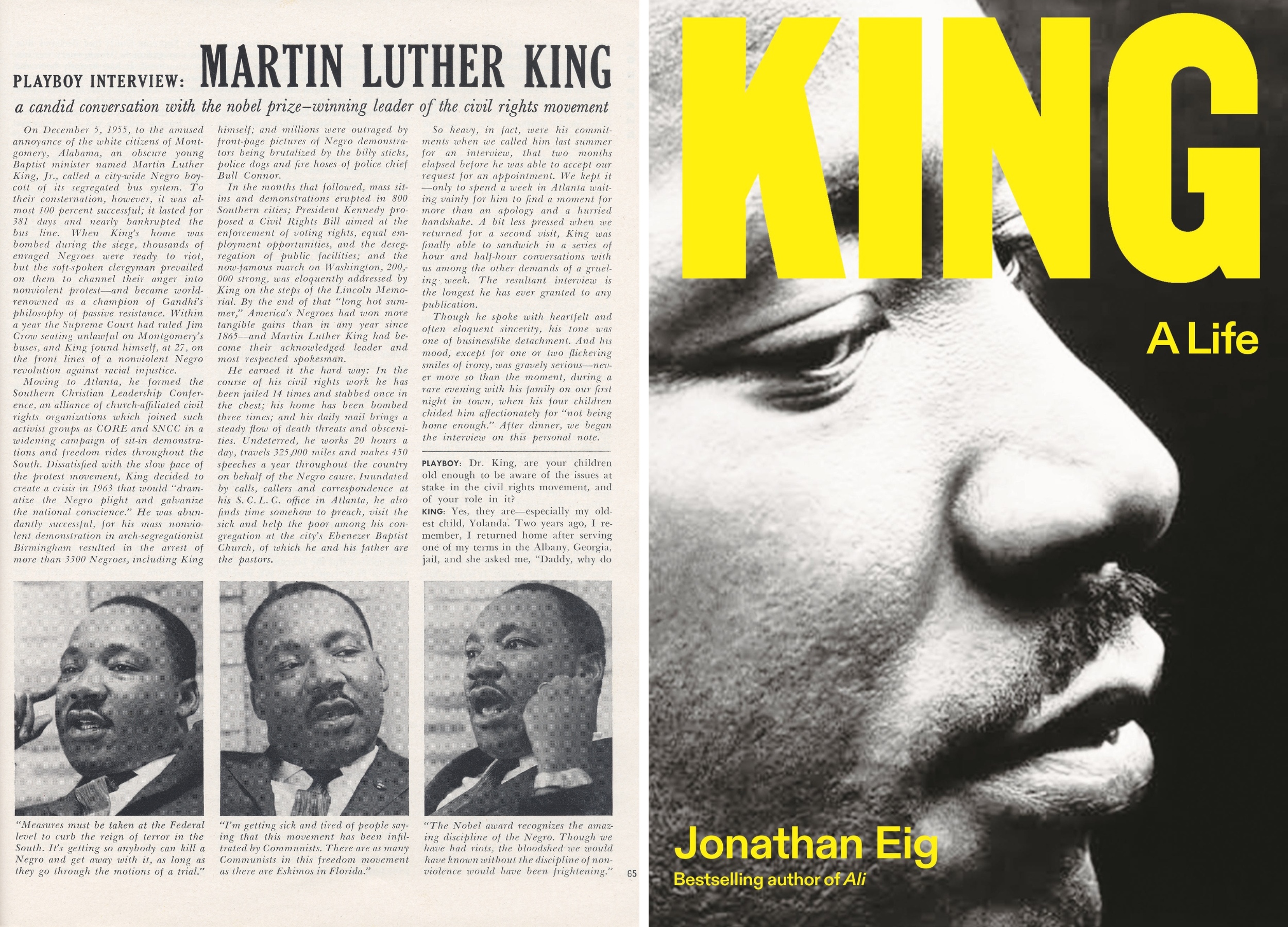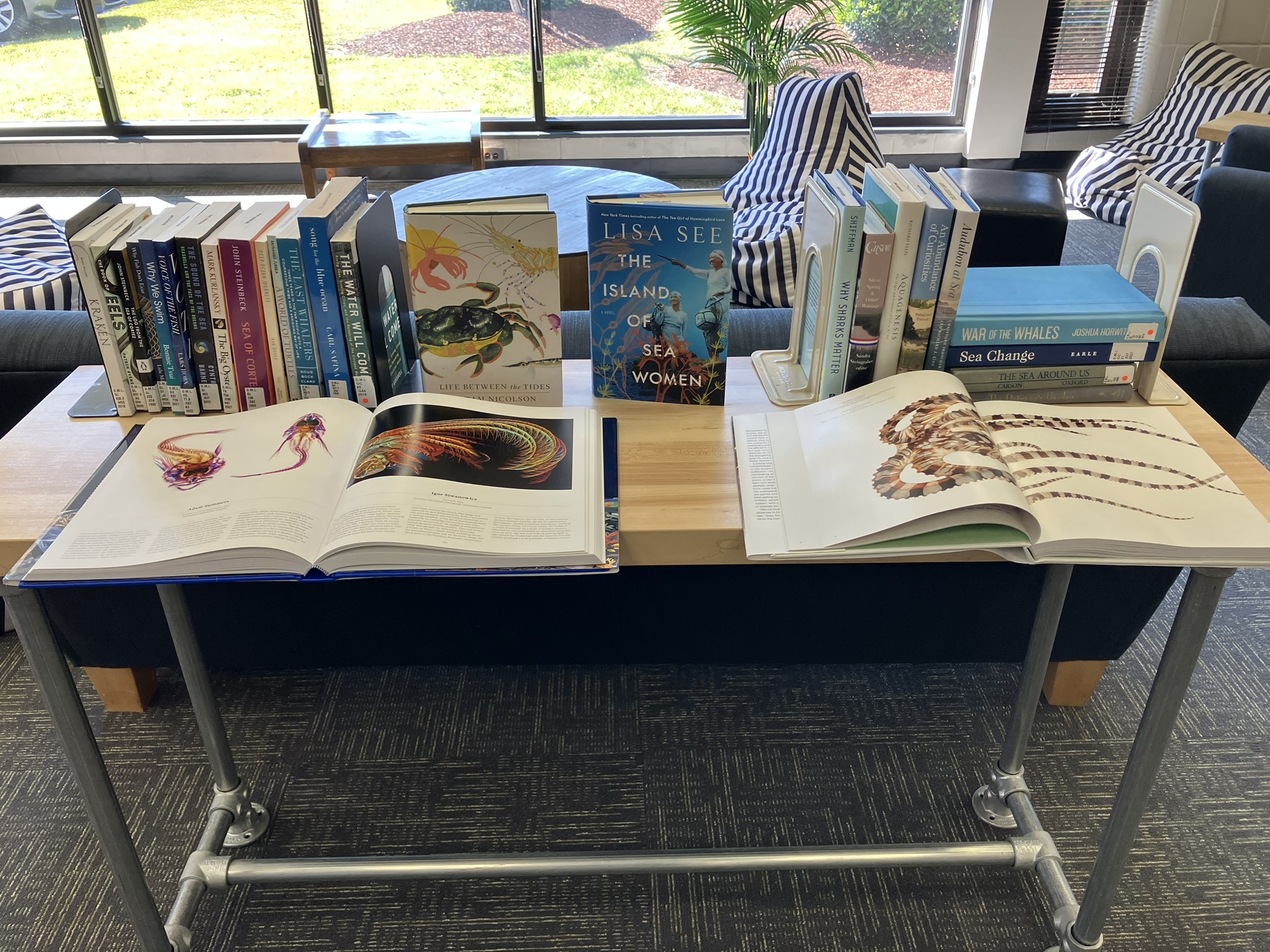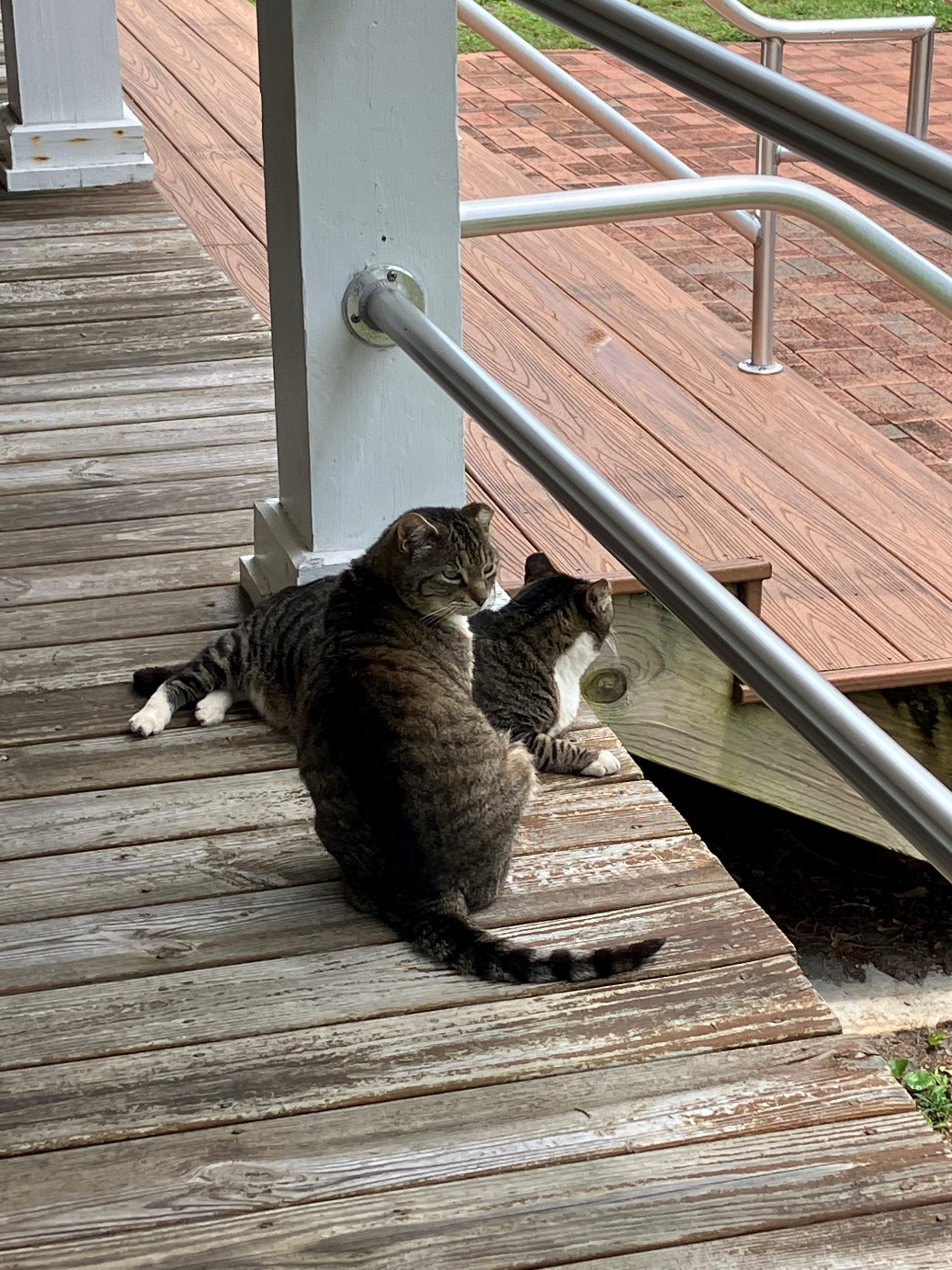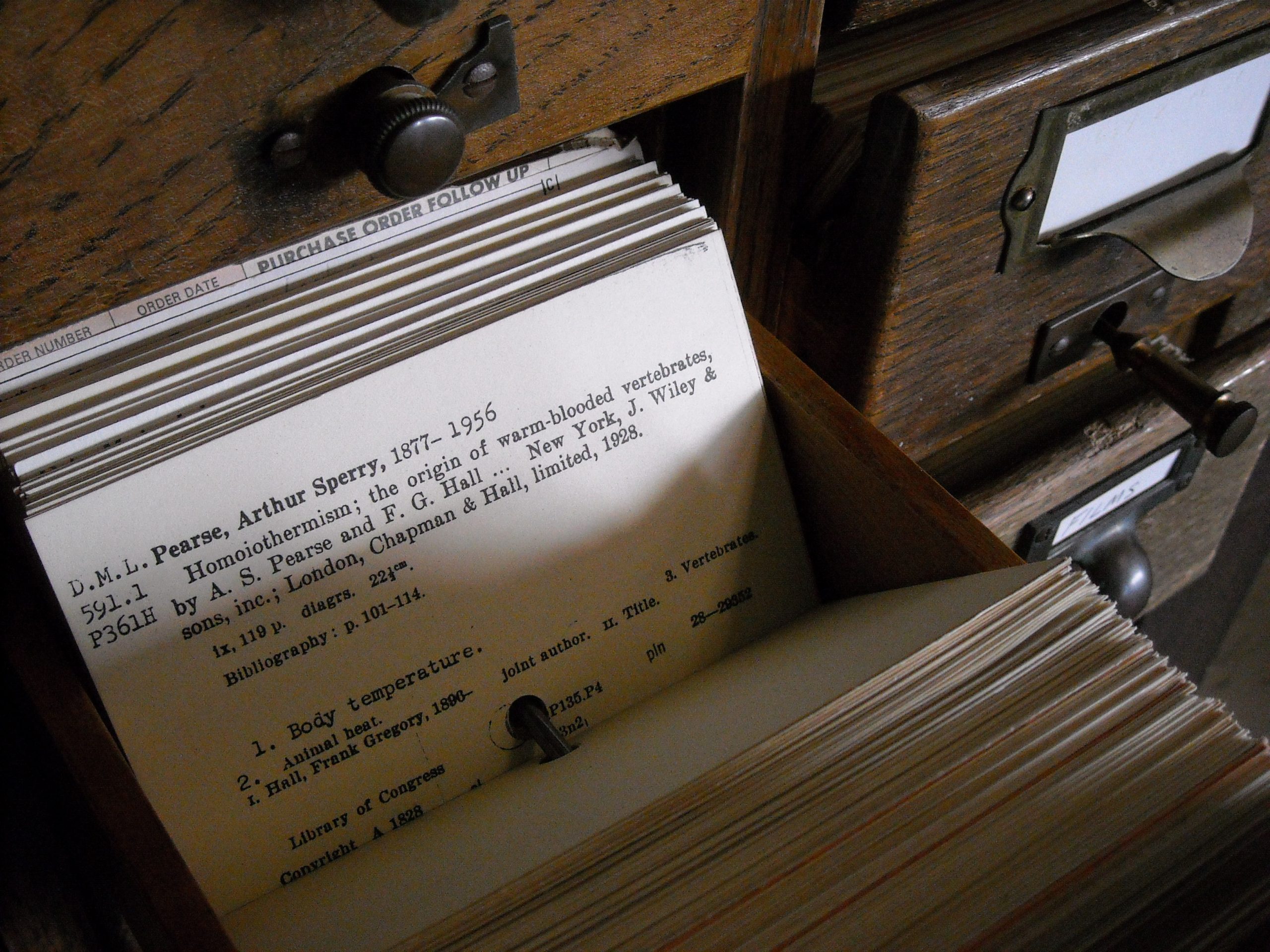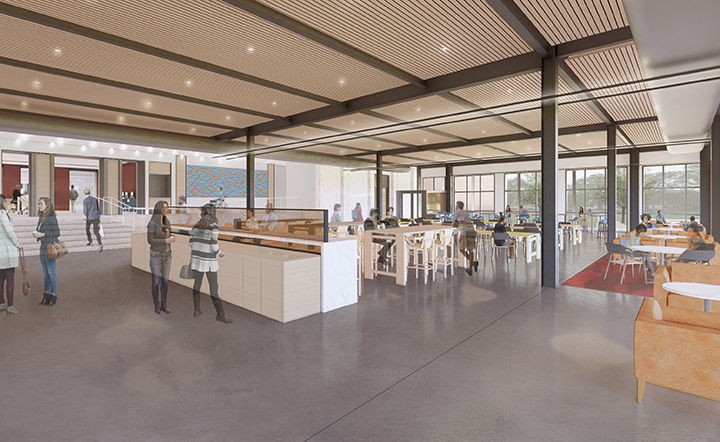Libraries Announce Senior Leadership Appointments
Earlier this year, the Duke University Libraries announced two appointments to our senior leadership team, after dual national searches. Both will serve as members of the Libraries’ Executive Group, reporting to the University Librarian and Vice Provost for Library Affairs.

Jameca Dupree has been named Associate University Librarian and Director of Financial and Facility Services. In this role, she will have overall responsibility for the financial affairs and administrative operations of the Libraries, overseeing a $36 million operating budget and providing leadership over a division that includes Business Services, Facilities and Distribution Services, and the Library Service Center.
Dupree has worked at Duke for twenty-one years, including seventeen in the Libraries, in progressively responsible administrative, budget, and financial oversight roles. She holds a bachelor’s degree in Business Administration from North Carolina Wesleyan College, and a MBA from Fayetteville State University—both of which she earned while working full-time in the Libraries.

Dupree’s appointment coincides with another addition to the Libraries’ Executive Group. Emily Daly has been named Associate University Librarian for Research and Public Services. In this position, Daly will provide leadership, vision, and strategic direction to advance the core teaching, learning, and research services of the Libraries. The division she oversees is broadly responsible for providing individualized library help and outreach to students, faculty, university staff, and the general public. Research and Public Services includes Access and Delivery Services, the East Campus Libraries, International and Area Studies, Humanities and Social Sciences, Natural Sciences and Engineering, and the Marine Lab Library.
In addition to her work in the Libraries, where she has served in both librarian and managerial capacities since 2006, Daly has an extensive record of service to Duke. She currently serves on the Master’s Advisory Council and has been an academic advisor to pre-major Duke undergraduates since 2010. Daly holds a bachelor’s degree in English from North Carolina State University, and a master’s in Library Science from UNC-Chapel Hill.
New Residency Program Launched for Early Career Librarians
As part of our commitment to embody the values of diversity, equity, and inclusion in our work, the Duke University Libraries has launched a new residency program for early career librarians. The program seeks to provide meaningful work placements in specialized fields of librarianship, aligning the professional goals of residents with the strategic goals of the Libraries. While learning on the job, residents will work with colleagues who are highly skilled in these specialized areas and receive relevant development and training.
As a member of the ACRL Diversity Alliance, the Libraries established the Residency Program as part of our organization’s commitment to “diversify and thereby enrich the profession” and “to build an inclusive organizational culture supportive of Black, Indigenous and People of color (BIPOC).”
The residency program guarantees professional development funding to residents to fund travel, conference attendance, presentations, and other activities related to skill-building and their ongoing career trajectories. Residents are placed intentionally with the goal of their positions becoming regular, ranked librarian positions if successful during their three-year terms.
We are happy to announce the appointments of our first two residents. Adhitya Dhanapal has been appointed as Resident Librarian for South and Southeast Asian Studies, effective December 1. And Zhou Pan will serve as Resident Librarian for Resource Description, effective August 14. We are delighted to welcome them both to Duke!

Duke Selects New Library Enterprise System
Although most library users won’t notice any difference, changes are coming to an important back-end system the Duke University Libraries uses to handle everything from checking out books to managing thousands of databases and online resources. Between now and summer 2024, we will sunset our legacy library enterprise system and transition to the Ex Libris Alma Library Services Platform.
Most large research libraries like Duke’s rely on various commercial and open-source software products to handle the everyday work of library staff, integrating systems for broad interoperability and accessibility while at the same time providing a high-quality user experience to library patrons.
While Duke has long contributed to the development of open-source library technologies (we were the founding institution of the Open Library Environment and a charter member of FOLIO), the decision to implement Alma was made after an extensive internal review of the specific library needs of the Duke community, including the separately administered libraries serving the schools of Business, Law, Divinity, and Medicine, as well as Duke Kunshan University Library. After evaluating financial considerations, impact on staffing, and the sustainability of wide-ranging library technology projects in which Duke has invested heavily, library leadership decided to move forward with Alma.
“We are in a better place today because of the contributions and work of our staff, who have laid the foundation for stronger, more sustainable library system at Duke,” said Joseph Salem, Rita DiGiallonardo Holloway University Librarian and Vice Provost for Library Affairs. “These investments, collaborations, and projects have been worthwhile in preparing us for an impactful future serving the Duke community.”
“We have a notable history of innovation through leveraging and integrating multiple technology platforms for library users,” said Tim McGeary, Associate University Librarian for Digital Strategies & Technology. “We remain proud of FOLIO, our contributions and collaboration, and of our colleagues that have fully implemented FOLIO. We will work with the FOLIO community during this transition to minimize impact on leadership and staff collaboration, and we will fulfill the financial commitments we have made in shared development projects. We also remain proud of our partnership with Index Data, which will continue through hosting and supporting the Library Data Platform. Index Data’s dedication to FOLIO, Project ReShare, and open-source technology development in libraries is strong, and we look forward to future partnerships.”
Project plans for implementing Alma are being developed and will be communicated soon.
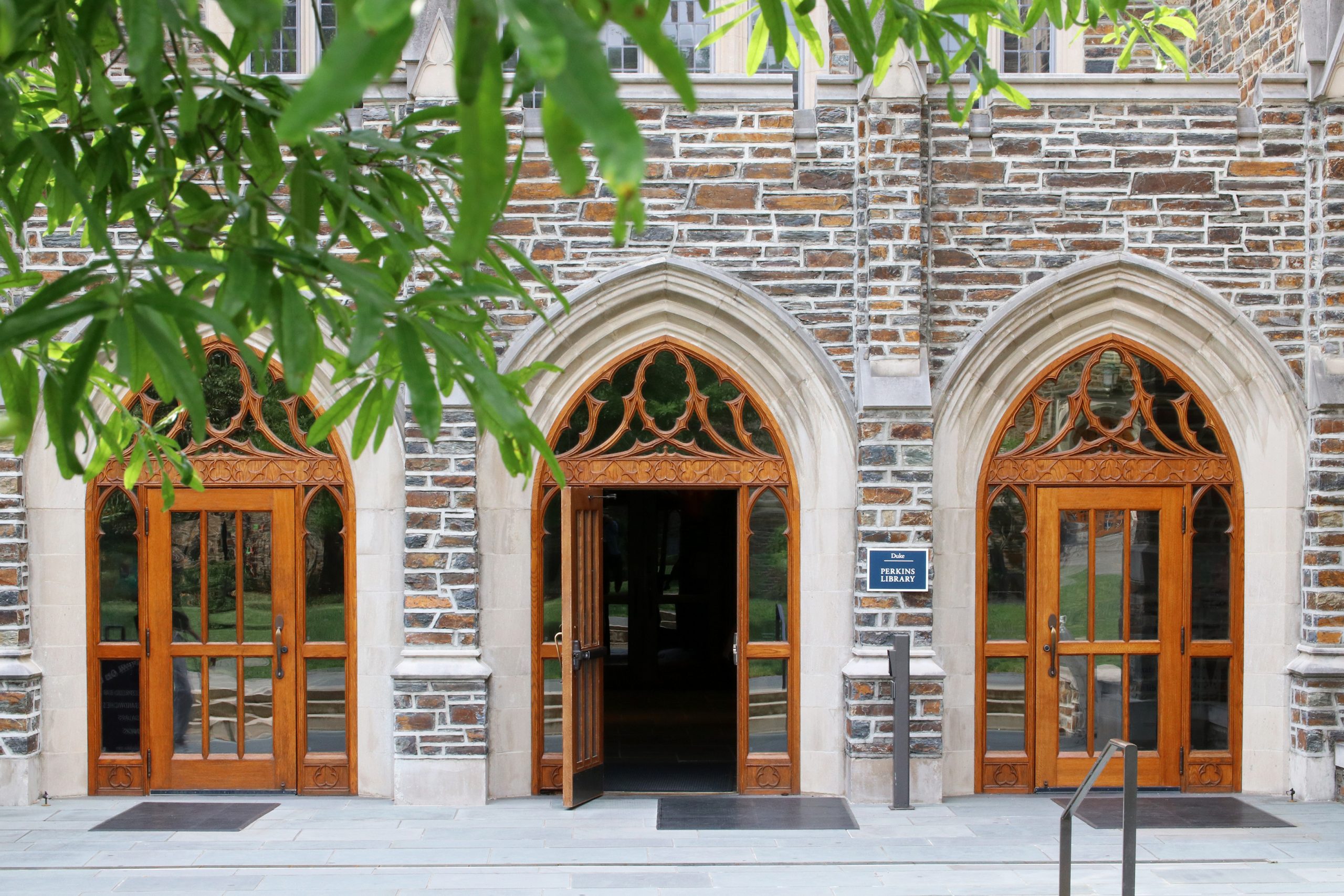
A Week in the Life of a Library Intern
By Jovana Ivezic, Senior Conservation Technician
This summer, the Libraries’ Conservation Services department was delighted to welcome to Duke our newest HBCU Library Alliance intern, Angela Nettles. Angela is a rising senior at Bennett College in Greensboro, North Carolina, where she is studying Africana Women’s Studies.

The internship program, sponsored by the University of Delaware and the HBCU Library Alliance, places interested undergraduates from historically black colleges and universities with host institutions, where they learn hands-on library preservation skills under the mentorship of professional conservators and library staff. By providing students from HBCUs with specialized and marketable skills, the program ultimately aims to diversify the library profession.

After two years of conducting the internship online due to COVID, it was refreshing to have an intern onsite again, and Angela dove right into work. During her first week, she assisted the Libraries’ Exhibition Department with setting up our new exhibit in the Chappell Family Gallery, Mandy Carter: Scientist of Activism. From sanding walls to setting up exhibit cases and adjusting overhead lights, Angela eagerly took part in every step of the process. She also spent time in the Verne and Tanya Roberts Conservation Lab, learning about how conservators make treatment decisions for general collections, and even performing some treatments herself. Interns like Angela spend four weeks onsite at their host institutions, in addition to two weeks of virtual classes with their fellow interns around the country.
This is the fifth year Duke has participated in the HBCU Library Alliance Summer Conservation/Preservation Internship Program, and we look forward to seeing what else Angela will accomplish in her career!
In the News: MLK Discovery Makes Headlines
A new biography of Martin Luther King, Jr., contains an object lesson—with a Duke connection—on consulting the primary source.
While doing research for his new life of King, author Jonathan Eig made a significant discovery in the papers of Alex Haley held by Duke’s Rubenstein Library.
What he found was that a harsh and oft-quoted criticism King once leveled at Malcolm X had in fact been made up by Haley. The fraudulent quote has been widely circulated in print and taught in history classes, influencing perceptions of the two leaders for decades.
The source of the revelation is the original transcript of Haley’s interview with King, later published in Playboy in 1965. It was the longest interview King ever granted to any publication and extensively covers his thoughts on the Civil Rights Movement. Among other things, King never said he felt “Malcolm has done himself and our people a great disservice,” by employing “fiery demagogic oratory in the black ghettoes, urging Negroes to arm themselves and prepare to engage in violence.” King did say some of those things at different points in the interview, but not in that context, and not directed at Malcolm X.
The finding, originally reported by The Washington Post, takes up only a paragraph in Eig’s book but may have profound implications. It is expected to reshape historians’ understanding of King’s and Malcolm X’s relationship and raise additional doubts about Haley’s credibility, which has come into question in recent years amid other allegations of plagiarism, fabrications, and manipulated quotes.
